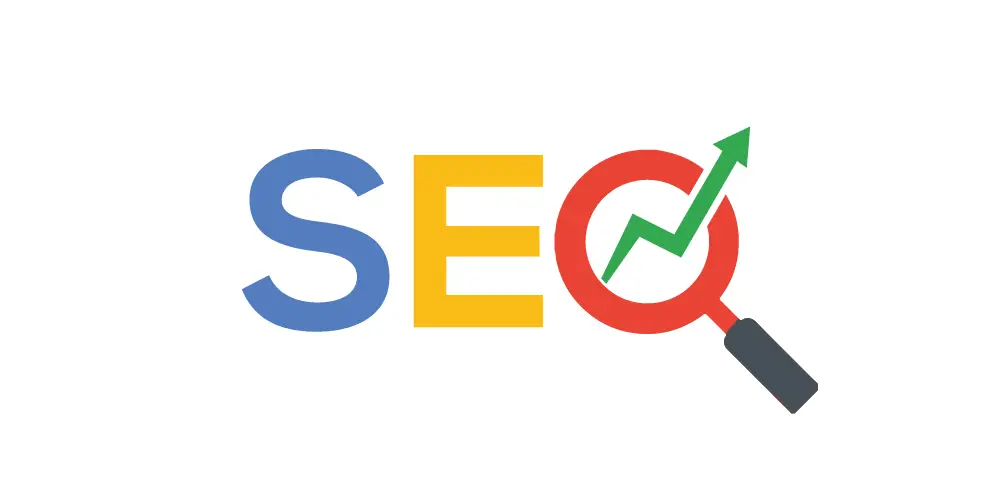In the sprawling digital landscape, visibility is the currency of success. As businesses and creators vie for attention in an ever-expanding online universe, mastering the art of Search Engine Optimization (SEO) has become more crucial than ever. SEO is the compass that guides websites through the chaotic maze of online content, ensuring they emerge into the spotlight.
What is SEO?
At its core, SEO is a collection of strategies and techniques aimed at improving the positioning of web pages in organic search results. Beyond merely a marketing tactic, SEO is an essential component of web development that speaks directly to search engines like Google, Bing, and others, helping them understand the relevance and quality of your content.
Why SEO Matters
Imagine the internet as an ocean and your website as a small boat. Without SEO, your boat would float aimlessly, likely unseen by potential visitors. SEO gives your boat a powerful motor (visibility) and a precise map (strategic keywords and content alignment) to reach desired destinations—your target audience.
Key Elements of SEO
- Keywords: These are the cornerstone of SEO. By researching and integrating the terms and phrases that your target audience uses to search for products or services like yours, you can optimize your content to appear in their search results.
- Content Quality: Content is king in the SEO realm. High-quality, relevant, and informative content not only engages readers but also establishes your site as an authority, which search engines reward with higher rankings.
- Technical SEO: This involves optimizing the technical aspects of your website, such as site structure, mobile-friendliness, and page speed, to enhance both user experience and search engine indexing efficiency.
- Backlinks: When other reputable websites link back to yours, they pass on “link equity,” boosting your site’s credibility and search ranking. Think of each backlink as a vote of confidence in the quality of your content.
- User Experience (UX): Search engines prioritize sites that deliver a positive user experience. This includes easy navigation, fast load times, and minimal user interface friction.
The Evolution of SEO
SEO is not static; it evolves continually. Search engines regularly update their algorithms to better understand user intent, penalize poor practices, and reward sites that offer genuine value. This dynamic nature of SEO means staying informed and adaptive is crucial.
Challenges and Misconceptions
Despite its efficacy, SEO is often misunderstood. Some view it as a magical solution for immediate results. However, SEO requires patience and persistence. Results grow over time, building a sustainable and organic foundation for online success.
Furthermore, ‘black hat’ SEO tactics—such as keyword stuffing and cloaking—are not only unethical but also penalized by search engines. These methods might offer short-term gains but can lead to long-term penalties, including being blacklisted by search engines.
The Future of SEO
As technology advances, so too does SEO. The rise of voice search and AI, for instance, is shaping new optimization strategies. The websites that anticipate and adapt to these changes will stay ahead of the curve.
In Conclusion
SEO is an indispensable part of digital marketing that enhances visibility, drives traffic, and boosts engagement. By understanding and implementing effective SEO strategies, businesses can significantly improve their online presence and achieve greater digital marketing success. Remember, in the vast sea of digital content, SEO is your beacon of light, guiding you to visibility and beyond.

